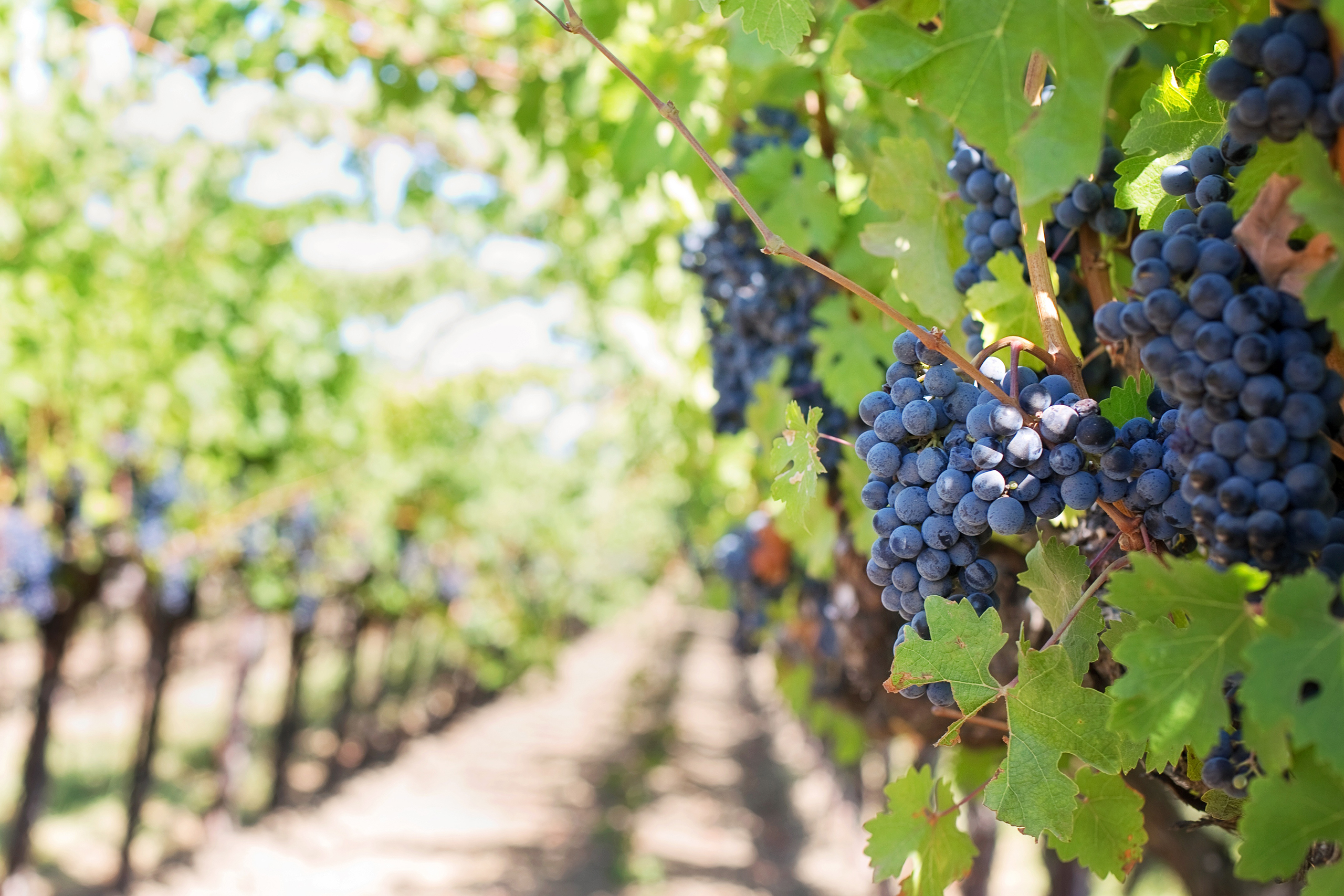
Modern Irrigation Revolutionizes Vineyard Production, Boosting Quality and Yield
Vineyards have long been reliant on efficient irrigation practices to ensure healthy grapevines and optimal fruit production. However, with the advent of modern irrigation technologies, vineyard management has reached new heights. From precision watering to advanced monitoring systems, these innovative practices are revolutionizing the way vineyards are irrigated, resulting in improved grape quality, higher yields, and resource efficiency.
Precision Irrigation: A Key to Vineyard Success
Precision irrigation has emerged as a game-changer for vineyard management. This technique involves providing the right amount of water directly to the root zones of grapevines, ensuring optimal hydration and minimizing water waste. Using methods such as drip irrigation, micro-sprinklers, or precision sprinklers, vineyard managers can precisely control the amount and timing of irrigation, tailoring it to the specific needs of each vine. This precision promotes healthy growth, uniform ripening, and flavor development, ultimately enhancing wine quality.
Soil Moisture Monitoring and Smart Controllers
Monitoring soil moisture levels is crucial for efficient irrigation management. Modern vineyards employ soil moisture sensors and advanced monitoring systems to accurately measure soil moisture content at different depths. This data is then fed into smart controllers, which analyze the information and determine when and how much water should be applied. By dynamically adjusting irrigation schedules based on real-time conditions, vineyard managers can avoid overwatering or underwatering, optimizing water usage while maintaining vine health.
Weather-Based Irrigation Scheduling
Vineyards are highly influenced by weather conditions, and modern irrigation practices take this into account. Weather-based irrigation scheduling utilizes real-time weather data, including temperature, humidity, wind speed, and solar radiation, to determine the vine's water requirements. By factoring in these variables, vineyard managers can fine-tune their irrigation schedules, ensuring vines receive the right amount of water based on current climatic conditions. This approach promotes water conservation, as irrigation is adjusted to match the vine's needs in response to weather fluctuations.
Fertigation: Integrated Nutrition Delivery
Fertigation, the practice of applying fertilizers through the irrigation system, has gained prominence in modern vineyard management. By combining irrigation and fertilization, vineyard owners can deliver precise nutrient doses directly to the root zones. This targeted approach ensures efficient nutrient uptake by the vines, improving overall vine health and grape quality. Fertigation also allows for adjustments in nutrient composition during different growth stages, further optimizing vine performance and reducing environmental impact.
Sustainable Water Management
Modern irrigation practices for vineyards prioritize sustainability and efficient water management. Water recycling and reuse systems, such as capturing and treating rainwater or winery wastewater, have become integral components of vineyard irrigation. These practices minimize reliance on freshwater sources and reduce environmental impact. Additionally, technologies like pressure regulation devices and flow meters help optimize water distribution, preventing leaks, and ensuring precise water application.
Harnessing Irrigation Technology to Your Advantage
The adoption of modern irrigation practices has revolutionized vineyard management, enhancing grape quality, optimizing resource usage, and promoting sustainable vineyard practices. Precision irrigation, soil moisture monitoring, weather-based scheduling, fertigation, and sustainable water management are key elements transforming vineyards into efficient and environmentally conscious operations. As technology continues to advance, vineyard owners and managers have a powerful toolkit at their disposal, enabling them to unlock the full potential of their vineyards and produce exceptional grapes that will ultimately result in exquisite wines. With these modern practices, vineyards are poised to thrive and adapt to the ever-evolving demands of the wine industry, setting new standards for quality and sustainability.

